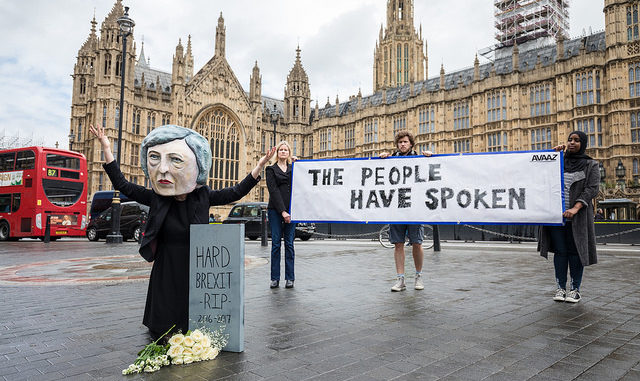
Should we relate course content to current events? How helpful is that? How can it be sensibly done?
Trying to relate course content to current events is a double-edged sword. On the one hand, it seems a shortcut to getting students interested in your subject, which is a major boon with first-year undergrads. It can also be a chance to (hopefully) ignite a few sparks of civic consciousness and political involvement in young minds. On the other hand, finding timely peer-reviewed empirical data for informed discussion can be tricky (if not impossible). Besides, bringing up current events will also invite various social, emotional, and individual biases and the discussion can easily slip into a social media comment kind of argument.
For me, the entire topic goes beyond a mere job task of teaching a subject for a living. It is about the perennially acute question of the practical applicability of anthropological knowledge. That has become even more pressing as things in the 21st century have been turning out quite not the way we had hoped in the 1990s . What difference can anthropology made in this unhinged world of our times? How can we equip our students to go out there and do the right thing? Taking part in a recent workshop made me realize that there probably will never be one definitive answer to that.
For myself I have decided that first and foremost I can plant the right kind of questions in the students’ minds so that they can go on and find their best possible answers on their own. As many of my students will go on to positions of action and power, that shall multiply the social impact of my professional activity (as I snugly hide my lazy bones in the relative safety of the ivory tower).
Those questions often seem to work better when related to current events. That said, there are numerous caveats and tricks of trade.
Firstly, one all-too-oft omitted consideration is humility. As social constructs made of personal biases, emotional reactions, and biological limitations, we ought to keep in check the temptation to impose our own, “scientifically verified” and ”liberally correct” views upon students.
Secondly, academia’s critical approach to everything does not fare well in the world outside. Policy decisions tend to be quick, decisive, straightforward, academia trades in nuances, complexity and reflexivity. Any reconciliation of the two approaches is fraught with painful, impossible choices. Samantha power’s transition from a career academic to a career executive administrator is a real life example of that. That is the life most BA’s and MA’s will have to grapple with.

The heuristic approach, “the right kind of questions rather than the right kind of answers”, lets both the student and the teacher develop their ideas as equals in a Socratic dialogue. The balance here is between challenging the student just enough to stimulate them without hurting their confidence. When the student’s competence is still shaky, I ask “what about…?” questions pointing them towards aspects that they do not appear to have thought about.
Student: Brexiters are just stupid.
Myself: How do you know that? [Attempting to invoke epistemological reflexivity.]
When the student is ready for proper sparring, I opt to be devil’s advocate, deliberately contradicting the student’s views (even if I do not necessarily subscribe to them myself):
Student: Borders are social constructs and should be abolished.
Myself: But how do you then practically manage limited resources and unlimited migration? [De-Otherising the state.]
How do you relate current events to your course content? How useful is it? Are there good ways and bad ways to do that?
Artour Mitski

Leave a Reply
You must be logged in to post a comment.